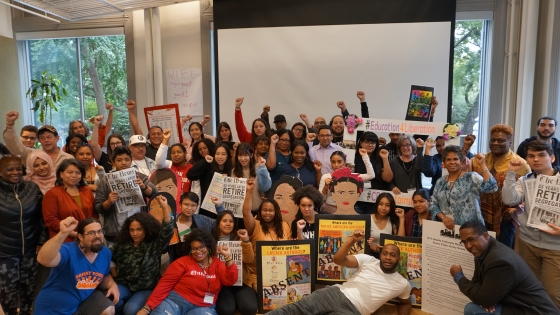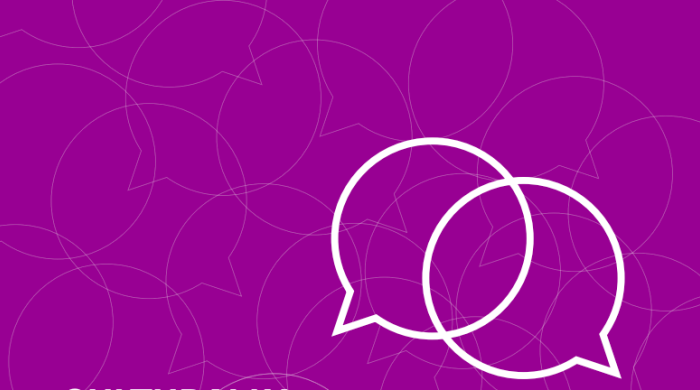Pre Work For Participants
- Read “Fostering High Expectations and Rigorous Instruction” “Identifying inclusive curriculum and assessment” sections in the CR-SE Framework (p. 28)
- Teaching Towards Genius- An Equity Model for Pedagogy in Action
- Metrocenter- Culturally Responsive Scorecards
Opening Community Circle (10 minutes)
What was your experience with culturally responsive teaching and learning as a student? Share a time when you felt included or excluded from the curriculum?
Community Agreements (10 minutes)
Reread the community agreements, participants share in a circle one that they want to push themselves to commit to today. Facilitator reads the poem, Brave Space.
Discussion: RTWT Protocol (50 Minutes)
Framing: Dr. Gholdy Muhammad has designed the HILL framework which gives applicable practice with historical context. Read the article/interview, noting any places where you felt aligned or your thinking was pushed. In addition, consider the pre-work and the connection to your current or past experiences with curriculum and pedagogy.
Questions
- Based on the CR-SE Framework, where are we as an institution, as individuals upholding the beliefs and practices of fostering high expectations and rigorous instruction? Identifying inclusive curriculum and assessment?
- Where are we falling short?
- How does “college and career readiness” support or deny a culturally responsive approach?
- What are some elements that have challenged us in meeting these expectations? What are some possible solutions to those challenges?
- What do we need in order to make progress and meet the needs of our students?
Key Takeaways
- Culturally responsive teaching is not an add-on, it is not simply changing books in the library, it is a lens for which you view both what you teach and how you teach. It is rooted in rigor, high expectations and criticality. It is a mindset with which you plan all subjects, teach, interact, grade, reflect!
- CRSE is NOT teaching culture, its about providing opportunities for our students to tell us who they are, learn about each other, and analyze the world around them.
- CRSE is for all children, not just for children of color. Most curriculum is already eurocentric,
- CRSE leads to academic success, improved self-awareness and identity, and engagement in the classroom for ALL children.
Reflection: Journal (7 minutes)
- What is something you are learning that is challenging your thinking or beliefs? Affirming your thinking/beliefs?
- What is one action I/we can commit to doing after this session to work toward BIPOC and LGBTQ+ Liberation?
- What is one action I/we can commit to stop doing after this session to work toward BIPOC and LGBTQ+ Liberation?
Closing Community Circle (7 minutes)
Pick one of these to share as you go around the circle.
Use curricula and pedagogy that are academically challenging, honor and reflect students’
diversity, connect learning to students’ lives and identities, challenge students to be critical
thinkers, and promote student agency to end societal inequities.


